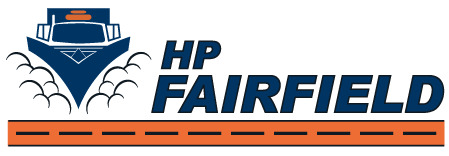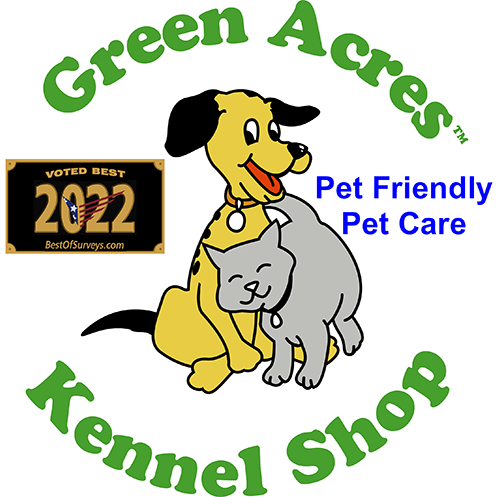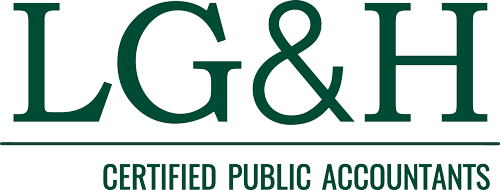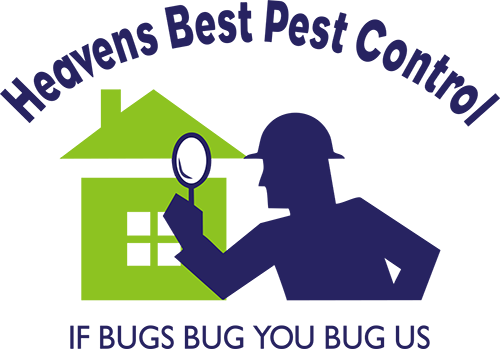How to Get Started with Paid Search Advertising

Did you know that the advertising tool you use the most is probably the one you think about the least? With 3.5 billion search queries a day, Google is the most used search engine. It is also one of the best advertising tools available to you and your business.
Here are six common questions we receive about paid search advertising:
1. How does it help my customers?
Search engines, like Google, are also tools that allow you to assist current and potential customers easier than you otherwise could. For example, when someone searches on Google, they are looking for the answer to a question they may have. They tend to click on the first result they believe can help them.
2. What does it cost?
Like all advertising tools, however, there is a cost to use paid search advertising. You may already appear in organic and local results through your website and Google My Business profile. However, paid search advertising can be profitable. According to Google, on average, you make $8 for every $1 spent on paid search ads.
Most search engines, including Google, allow you to control your own budget. You can set the price you’d like to bid in auctions for keywords or ad placements. As a result, your paid search advertising costs as much or as little as you’re willing to pay for it. This makes it an ideal option for smaller businesses that don’t have much of an advertising budget to begin with.
3. Where will my ads appear?
When you advertise on a search engine, your ads appear on the search engine results pages (SERPs) above organic search results. The keywords you choose will determine on which searches that your ads will appear. As a result, paid search advertising captures the attention of your audience in a more targeted way than organic search can.
4. What role do keywords play in paid search advertising?
As you may already know, a keyword is a word or phrase one uses to describe what they need on a search engine. When a user types a keyword into a search engine, it returns results that match their intent based on that word or phrase. That said, you should select keywords based on which queries you want to display your ad on.
5. How do I select keywords?
In paid search advertising, keywords typically fall under two categories, brand, and non-brand. A brand keyword includes a brand’s name or variations of it. For example, Apple and Apple Computers could both serve as brand keywords.
On the other hand, non-brand keywords include all other relevant keywords that do not include a brand’s name or variations of it. For example, personal computers instead of the specific brand of Apple Computers. While this keyword is not part of the brand name, it is a relevant term that allows potential customers to find information about Apple Computers.
Both types of keywords play a role in your paid search advertising. Brand keywords can help you protect your brand from competitors’ ads. Not running ad campaigns for brand keywords may lead you to lose website traffic to competitors that bid on your brand. That said, you can bid on competitors’ brands, too.
As for non-brand keywords, they allow you to reach new audiences that may not be familiar with your brand. By using both brand and non-brand keywords, you can better influence your paid search advertising strategy. You don’t just want to pick certain keywords and have the ad appear only when they are entered into the search engine.
6. How do I create an ad for paid search advertising?
You may be a creative person, but did you know that there is a certain way to design ads for paid search advertising? You have a certain amount of space to fill with your content. For example, Google allows you 30 characters per headline and 90 characters for each description.
Your paid search ad should include:
- Up to three headlines
- A display URL that leads to your website or landing page
- Up to three descriptions that highlight details of your product or service
- Your keywords, including specific language that matches what your target audience uses
- A clear call-to-action
- Ad extensions (Google recommends at least three)
Like with all aspects of your digital marketing, think about how your ad makes sense for users across devices and platforms. You may need to create separate ad campaigns to accommodate this. Also, make sure to align your landing page or destination URL to the copy of your ad to ensure users a consistent experience.
Ready to Get Started With Paid Search Advertising?
There are a lot of default settings that can cost new advertisers a lot of money in clicks before they correct them. If you’re new to paid advertising, hiring an agency can prevent unnecessary spending and save you money in the long run.
Whether you’re just getting started with paid search advertising or want to learn more about this advertising tool, we can help. Contact Links Web Design for a free consultation. We look forward to helping you build or improve your paid search ads.
Links Web Design is an Advertising Agency in Bangor, ME, and Fruitland Park, FL.









